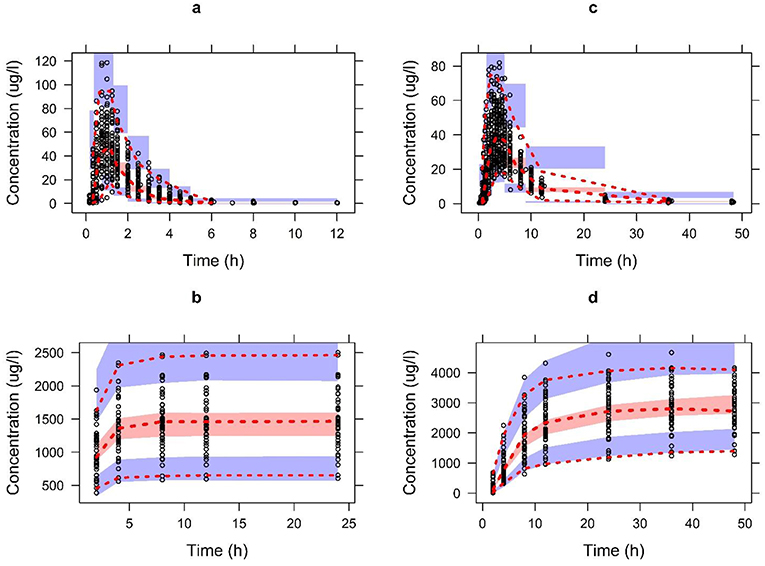
This has a practical and positive potential of improving motivation because it can, and has, helped leaders create motivational programs in the workplace. In other words, it can help explain why a person performs at a particular level.

"Expectancy theory proposes that work motivation is dependent upon the perceived association between performance and outcomes and individuals modify their behavior based on their calculation of anticipated outcomes" (Chen & Fang, 2008). The idea with this theory is that people are motivated to do something because they think their actions will lead to their desired outcome (Redmond, 2009). Vroom, Expectancy Theory provides an explanation of why individuals choose one behavioral option over others. The Expectancy Theory of Motivation is best described as a process theory.


 0 kommentar(er)
0 kommentar(er)
